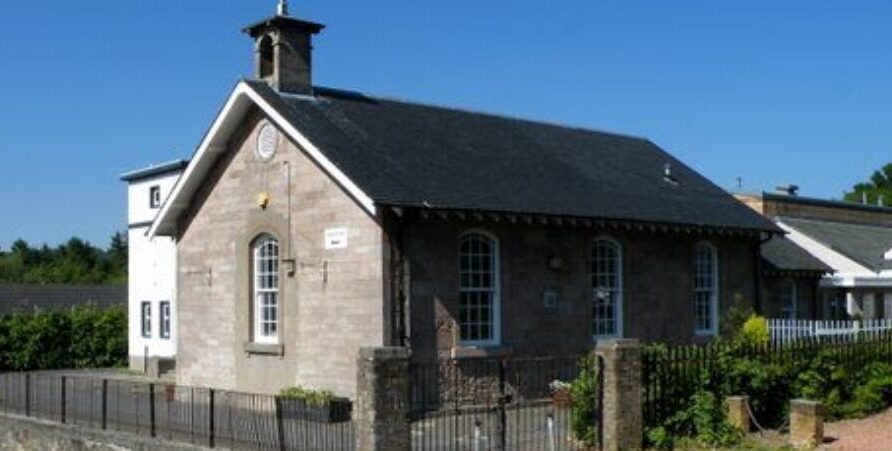Dear Parents,
As your child’s prime educator you already provide lots of learning opportunities for your children’s education. During this time continue to engage your children in all the experiences you already provide at home. We have also compiled a bank of suggested activities to help your child access the school curriculum. We hope you find these helpful!
Numeracy Activities
- Practise times tables and division facts (focus on your own individual targets)
- Practise counting in sequences forwards and backwards (2s, 3s, 5s, 10s and 100s)
- Practise doubling and halving numbers from 1-100
- Show someone in your house different strategies to work out calculations (addition, subtraction, multiplication and division).
- Explore your cupboards and look for items that have ml/l and g/kg written on the labels
- Find out about different currencies
- Find out about different number systems from the past (e.g. The Romans, Vikings or Egyptians)
- Look around the house for 2D and 3D shapes
- Explore the angles around your house (which are bigger or smaller than a right angle)
- Challenge yourself to partition the biggest number you can think of
- Look around your house for items/food that is split into fractions or that you could split into (1/2, 1/4, 1/3, 1/5 and 1/10)
- Practise building and drawing arrays, e.g 5 rows of 2 (5×2)
- Draw a clock can you make different times on the clock – (o’clock, half past)
- Play ‘Hit the Button’ (www.topmarks.co.uk) and practise your addition and subtraction.
- Money up to 50p. Set up a shop and practise counting your money to pay for items – get an adult to check you are doing this correctly.
Numeracy Websites
- https://www.sumdog.com/user/sign_in?to=%2Femails
- https://www.topmarks.co.uk/maths-games/5-7-years/counting
- https://natwest.mymoneysense.com/students/students-8-12/
- http://www.mrcrammond.com/curriculum_for_excellence_maths.html
- http://www.primaryhomeworkhelp.co.uk/maths/countdown/index.htm
- http://www.primaryresources.co.uk/maths/maths.htm
- Maths games https://www.abcya.com/
- Maths games https://www.arcademics.com/
- Maths as a fun part of your daily family routine http://bedtimemath.org/
- Jack Hartmann on Youtube https://www.youtube.com/user/JackHartmann
Literacy Activities
- Continue to revise all of the sounds, phonemes and common words taught so far. Can they spot these in any of their story books?
- Find your phonemes in a reading book.
- Have a race against a family member to see who can write the most common words in 1 minute.
- Type your spelling words up on the computer.
- Make a poster of all your phonemes with pictures to match.
- Think of a mnemonic for your spelling words.
- Revise all sounds and common words from previous homework tasks.
- Dictation – dictate a simple sentence for your child and ask them to write it down. Try to include a common word or a phoneme from the list. Remember capital letters and punctuation! E.g. She stays very far away!
- Create a story board using: https://www.storyboardthat.com/storyboard-creator
- Watch videos on Literacy Shed and write a story about what you have watched: https://www.literacyshed.com/the-ks1-shed.html
- Daily diary – Ask your child to write a sentence and draw a picture about each day. Encourage them to sound out their words and spell their common words. Please remind them to use a capital letter, finger spaces and a full stop. To challenge your child they could write 5-10 sentences.
- Explore World Book Day website: https://www.worldbookday.com/
- Explore BBC Author’s Live website: https://www.bbc.co.uk/events/rhvg9r/by/date/2020/03
- Explore Puffin website: https://www.worldbookday.com/wbdtv/
- Remember to discuss your reading with a friend or family member and talk about anything you particularly enjoyed! Remember your reading skills: PREDICT, CLARIFY, SUMMARISE AND QUESTION
Literacy Websites
- Reading games https://www.funbrain.com/
- Phonics skills https://www.starfall.com/h/
- Read, play games, and hang out with Dr. Seuss https://www.seussville.com/
- Favourite children’s books read by famous people https://www.storylineonline.net/
- Spelling and reading games https://www.abcya.com/
- Language games https://www.arcademics.com/
- Alphablocks you tube channel https://www.youtube.com/channel/UC_qs3c0ehDvZkbiEbOj6Drg

